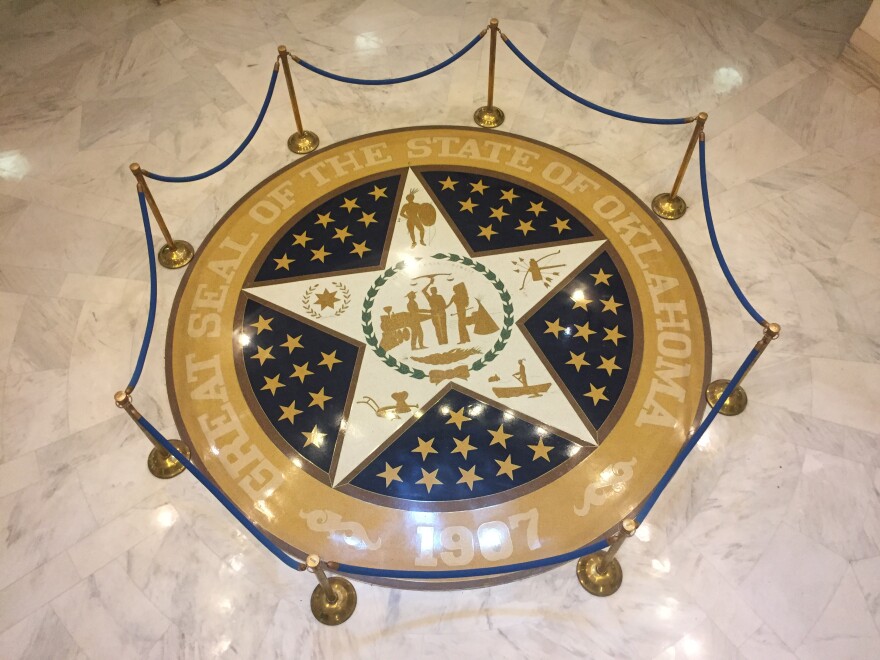While lawmakers are at an impasse over revenue, they’re willing to look at tax incentives as a way to help sort out Oklahoma’s finances.
State Sen. Roger Thompson is running a bill to reform one of the state’s longstanding incentives: the Quality Jobs program.
"It ensures all incentive applications are reviewed by the full committee, as previously, only certain circumstances triggered the committee’s approval. Requiring a representative to be present before this committee, meeting prior to the contract award," Thompson said.
Thompson’s bill doesn’t require quarterly filings, as recommended by Oklahoma’s Incentive Evaluation Commission. Started in 1993, the Quality Jobs program has paid out more than $1 billion, including nearly $70 million last year.
Rep. Kyle Hilbert has proposed ending this year a tax credit for developers who build affordable housing. Hilbert answered critics who say the plan will hurt low-income Oklahomans.
"While I understand that point, I also think the $16 million positive fiscal impact for FY19 will go a long way to helping those core services like DHS — I don’t know how DHS is going to take any more cuts. I really don’t — among many other programs that help the most needy in our state," Hilbert said.
The state allocates a maximum of $4 million a year to the affordable housing tax credit, though it is claimed in equal payments over 10 years and may be carried forward for five years.
Rep. Jadine Nollan wants to end tax incentives for businesses or legal entities at the end of 2021 if they don’t already have a sunset date. Nollan said she also wants a better way for the state to monitor tax incentive performance, like how your car monitors all its systems.
"If the gas is low, the oil is low, the air in the tires are low, then you have an indicator that pops up that tells you, 'Ooh, this needs attention.' Well, what I’d like to do is have something similar to that in the technology that we have," Nollan said.



